COGA and API Respond to AQCC Rulemaking Revisions to Ozone State Implementation Plan
DENVER, CO –
Today, the Air Quality Control Commission (AQCC) passed revisions of Regulation Numbers 7, 21, 25, 26 and Air Quality Standards related to the Ozone State Implementation Plan (SIP). The Colorado Oil & Gas Association (COGA) and the American Petroleum Institute Colorado (API Colorado) commend Air Pollution Control Division (APCD) staff on their diligent approach to the rulemaking and appreciate the thoughtful consideration demonstrated throughout this process. COGA & API Colorado support effective ozone mitigation strategies that are based upon technically accurate evidence and realistic and consistently achievable targets. As part of this commitment, the oil and natural gas industry in Colorado has already taken several steps to reduce NOx emissions and will continue to find innovative ways to minimize NOx emissions under the intensity target formally introduced in the rulemaking.
“Colorado has among the toughest air quality rules for oil and natural gas development in the nation, and those rules just got even tougher. Emissions from Colorado’s oil and natural gas industry have been decreasing for the past several years and Coloradans can take comfort in knowing that our industry never stops improving and will continue to do its part to reduce ozone and protect air quality,” said Dan Haley, President & CEO, COGA. “However, ozone formation depends on a lot of sources and is highly dependent on meteorology. Experts believe additional oil and natural gas regulations aren’t likely to move the Front Range closer to ozone attainment.”
“We are generally supportive of the rule revisions to both NOx intensity, stationary engines, and the ozone State Implementation Plan and sincerely appreciate Air Pollution Control Division staff for their hard work in recent months,” said Kait Schwartz, API Colorado Director. “These are the latest in a series of precedent-setting rulemakings undertaken by Colorado’s regulatory agencies, and by setting a new bar for operators in the state, the rules adopted today provide our industry a pathway to honoring our commitments to the Governor’s office and to the people of Colorado. Our state’s oil and natural gas industry is on track to meet our 2025 and 2030 greenhouse gas emission reduction targets, and these new rules will provide co-benefits in the broader effort to reduce ozone levels along the Front Range.
“We recognize more work lies ahead but are committed to achieving significant NOx reductions where feasible in the coming years,” continued Schwartz. “The fact remains that Colorado’s ozone challenges are deeply complex, with increasing consensus among experts that it will not be properly addressed by focusing on a single industry, but the adoption of these rules will further minimize the natural gas and oil industry’s contributions to a truly regional issue. We have and will continue to do our part and are hopeful that state lawmakers and regulators recognize the importance of viewing this issue holistically in considering public policy solutions.”
“This rulemaking marks the end of a year full of sweeping changes impacting oil and natural gas operations at both the legislature and our state regulatory agencies,” continued Haley. “As we look forward to the upcoming 2024 legislative session, we encourage politicians to exercise restraint and allow time for these revised regulations to take effect and be implemented. Targeting emissions from the oil and gas industry alone is not an effective technical solution to our state’s ozone problem.”
About COGA
Founded in 1984, the Colorado Oil & Gas Association’s (COGA) mission is to be the unified political and regulatory voice for the oil and natural gas industry in Colorado, and to support our members through advocacy, partnerships, education and stakeholder engagement.
About API Colorado
API Colorado is a division of the American Petroleum Institute, which represents all facets of the natural gas and oil industry. Our more than 600 members produce, process, and distribute most of the nation’s energy. In our first 100 years, API has developed more than 700 standards to enhance operational and environmental safety, efficiency and sustainability. API Colorado is committed to ensuring a strong, viable industry capable of meeting the energy needs of the state in a safe and environmentally responsible manner.


